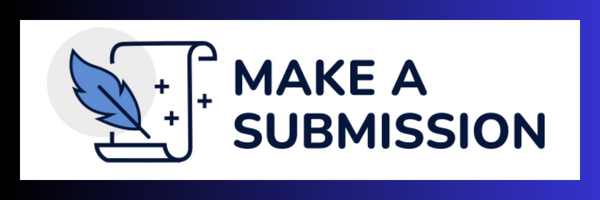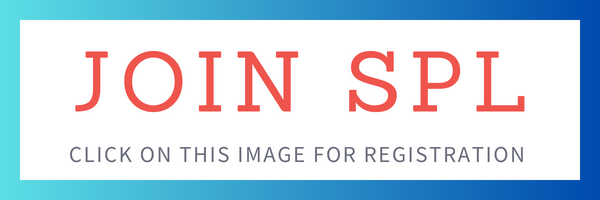Femininity Redefined: Cinematic Portrayal of Intersection of Disability and Sexuality in Margarita with a Straw
Keywords:
Disability, Sexuality, Intersectional, Cerebral Palsy, Bisexual, HeteronormativeAbstract
Aim: This research paper aims to examine the relationship between disability and sexuality in Margarita with a Straw, a film directed by Shonali Bose. It also investigates how Laila (the protagonist), a young lady with cerebral palsy, manages her relationships and sexuality while overcoming the obstacles imposed on her. In my opinion, the film subverts the widely held belief that people with disabilities are asexual and incapable of feeling love or sexual desire by showing Laila's sexuality and desire as significant aspects of her existence. The article discusses how Laila's intersectional identity as a bisexual, disabled woman complicates her journey of life.
Methodology and Approach: The study is primarily qualitative and employs textual analysis as a theoretical tool for critically evaluating the film. Both primary and secondary sources have been examined. In addition, it has been studied in the context of feminist theory and disability studies.
Outcome-The researchers have discovered through this paper that the film Margarita with a Straw undermines ableist and heteronormative presumptions about sexuality and relationships by offering a complex and inspiring portrayal of disability and desire. Overall, this study emphasizes the need for changes in how disabilities are portrayed in popular media and aims to contribute to the growing body of knowledge concerning the relationship between sexuality and disability.
Conclusion and Suggestions: The film "Margarita with a Straw" is a potent example of how cinema can redefine gender and subvert social standards. By focusing on the experiences of a protagonist with a disability, "Margarita with a Straw" fosters a more diverse and inclusive cinematic landscape, increasing comprehension, empathy, and acceptance of underrepresented identities. Disability awareness's objectives and tenets are to protect individuals with disabilities from prejudice, promote their equal involvement in society, and ensure that they have access to the same opportunities and rights as persons without disabilities.
Downloads
Published
How to Cite
Issue
Section
Copyright (c) 2024 Kumari Manjari

This work is licensed under a Creative Commons Attribution-NonCommercial 4.0 International License.












